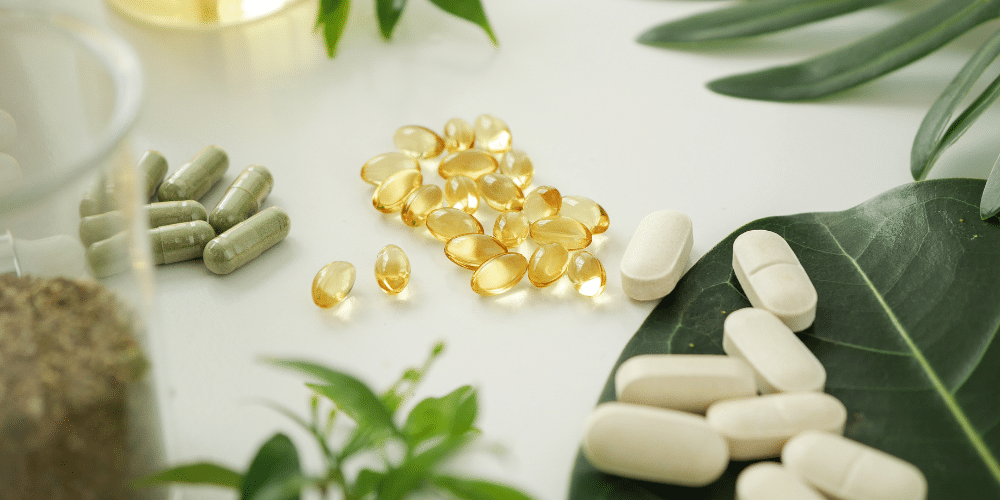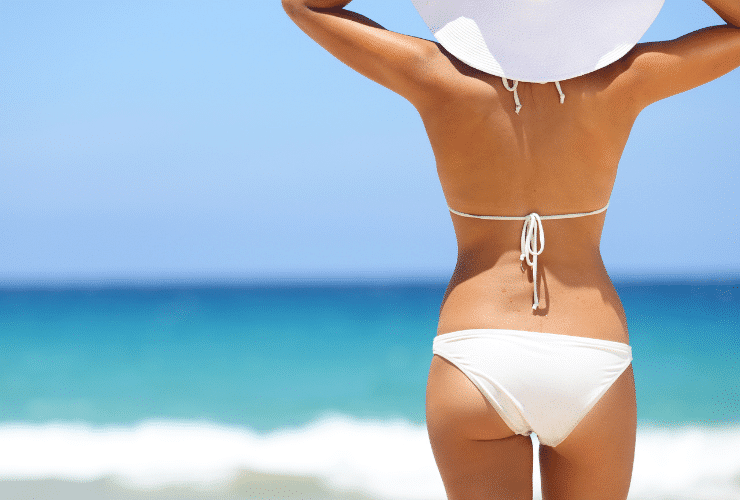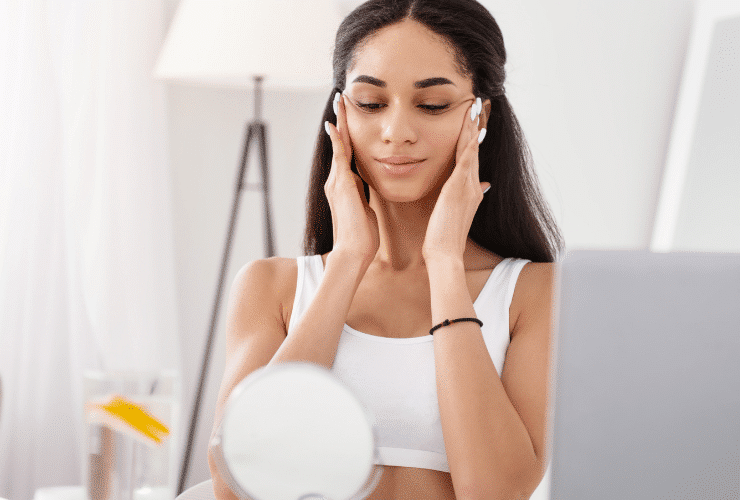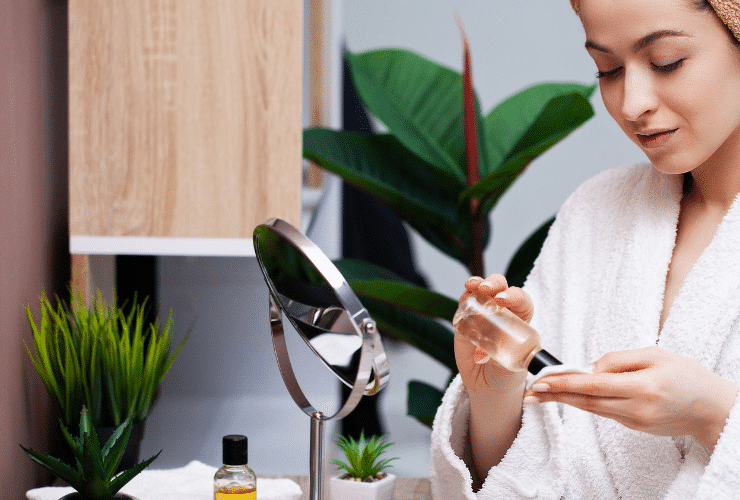She is the author of Vitamin Weed, Kratom is Medicine,…
Premature skin aging can be avoided by preventing excess exposure to sunlight and pollutants, as well as providing skin with the nutrients it needs to repair itself. Provide your skin with the building blocks it needs by maintaining adequate consumption of the following nutrients, whether through food, supplements, or anti-aging skincare:
Zinc: Zinc is required for collagen production and elastin synthesis, as well as DNA repair. Zinc is required for DNA duplication, which is required for cell division. Zinc is required for the production of certain proteins that remove damaged or mutated tissue as well as for superoxide dismutase, a powerful antioxidant.
Copper: Copper helps to stimulate the production of collagen and elastin, helps to thicken the dermis, increases vascularity and oxygenation and works to stimulate superoxide dismutase.
Sulfur: Sulfur is a component of the protein Keratin found in nails, hair and skin. Sulfur is essential for the production of collagen and it is required for the production of the connective tissues.
Vitamin A: The vitamin necessary for healthy skin. A serious lack or excess intake can cause dry, rough skin, among other problems. Ascorbyl palmitate applied on the skin decreased the level of formation of free radicals.
Vitamin C: Known for its antioxidant properties. Photoprotective properties of topically applied vitamin C have also been demonstrated, indicating its use in the prevention and treatment of skin aging. Topical applications of 5% vitamin C cream is an effective treatment, clinically shown to improve photodamaged skin.
Vitamin D: Vitamin D has been shown to reverse skin damage and increase wound healing. Vitamin D is produced in the body in response to sunlight, and has been shown to have a beneficial effect on skin repair and hair growth. Vitamin D rarely requires supplementation, and 15 minutes of daily low-sun exposure should stimulate adequate production of this hormone-like vitamin.
Vitamin E: Vitamin E is a powerful antioxidant. Experiments show that it may protect against the degradation of collagen, and prevent skin damage by environmental insult and aging.
CoQ10 (Ubiquinone): Internal and topical application of CoQ10 has a beneficial effect of preventing photoaging. CoQ10 penetrates into the viable layers of the epidermis and reduces the level of oxidation. Reduction in wrinkle depth following CoQ10 application has also been shown in clinical trials. CoQ10 prevents oxidative DNA damage and suppresses the degradation of collagen.
She is the author of Vitamin Weed, Kratom is Medicine, CBD Oil For Health, Train Your Brain To Get Thin, and Journal Yourself To Health.






